In order to facilitate smooth and efficient two-way communications, including, where relevant, by acknowledging the receipt of such communications, relating to matters covered by this Regulation, providers of intermediary services should be required to designate a single electronic point of contact and to publish and update relevant information relating to that point of contact, including the languages to be used in such communications. The electronic point of contact can also be used by trusted flaggers and by professional entities which are under a specific relationship with the provider of intermediary services. In contrast to the legal representative, the electronic point of contact should serve operational purposes and should not be required to have a physical location. Providers of intermediary services can designate the same single point of contact for the requirements of this Regulation as well as for the purposes of other acts of Union law. When specifying the languages of communication, providers of intermediary services are encouraged to ensure that the languages chosen do not in themselves constitute an obstacle to communication. Where necessary, it should be possible for providers of intermediary services and Member States’ authorities to reach a separate agreement on the language of communication, or to seek alternative means to overcome the language barrier, including by using all available technological means or internal and external human resources.
